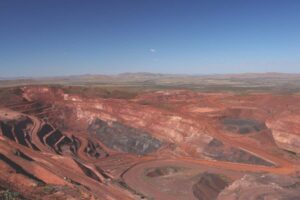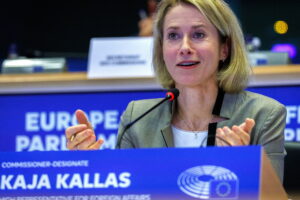Turning the landfills it manages into green landfills is a priority for South African waste management group EnviroServ. This was highlighted by group operations director Nico Vermeulen, at the 2024 International Solid Waste Association conference, at the Cape Town International Convention Centre.
The group operates 11 landfills, nine of which are in South Africa, with one each in Mozambique and Uganda. Six of these sites are owned by EnviroServ, while it manages the other five.
Traditional landfills produce a wide range of pollution, including through rainwater leaching pollutants into the surrounding environment and nearby streams. They also generate greenhouse gases (GHGs), particularly methane.
“Green landfill is a solution of various treatment and recovery options of waste by producing secondary material, water, energy from biogas, biomethane, et cetera, and reducing the impact of the facility on the environment,” was the company’s own definition of what a green landfill was.
In the management of all these sites, the company seeks to reduce the amount of material that actually enters the landfill, by streaming the waste into recyclable, up-cyclable and unusable waste. The first two categories are reprocessed. For example, organic waste is turned into compost. Only the third category ends up in the landfill.
Landfill waste was properly covered, to prevent future rain-induced leaching. At all the sites controlled by the group, the currently leached water and liquids were collected and treated, he reported. This meant that the water was usable.
As part of its move to fully-green landfills, the company is already producing biogas at two of its sites. Currently, this is sold, with the surplus being flared. But EnviroServ is now developing GHG emission-reduction projects for its landfill sites. Three of its South African sites have been identified for priority treatment, and the first of these projects is already under way.
In all these endeavours, the company works with the communities around the landfill sites.















